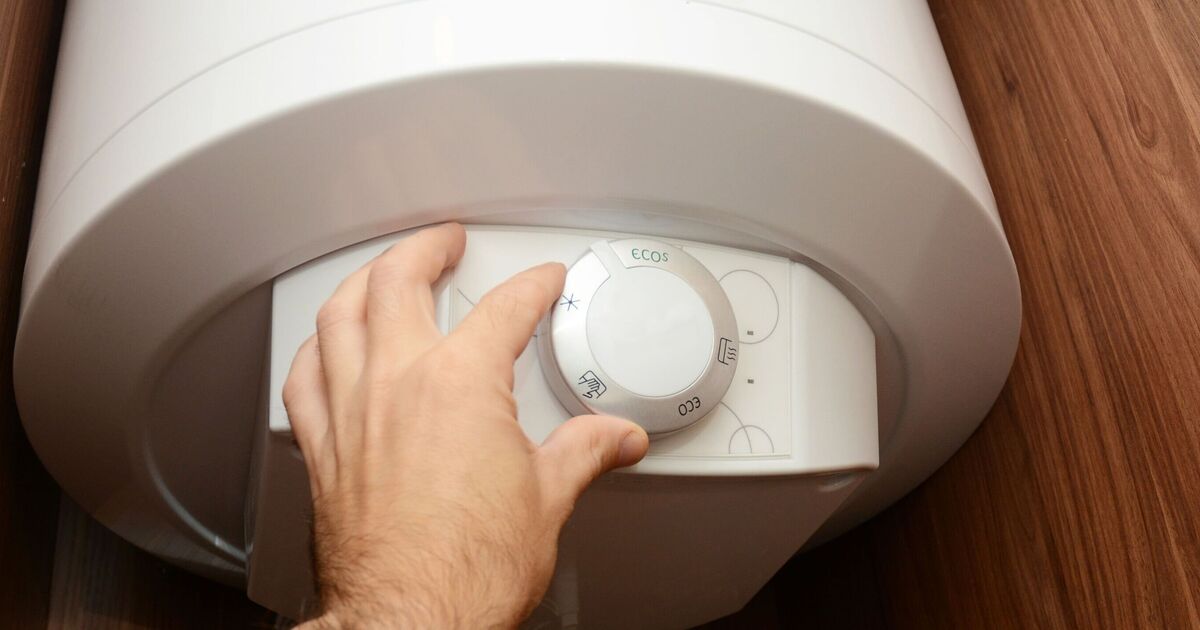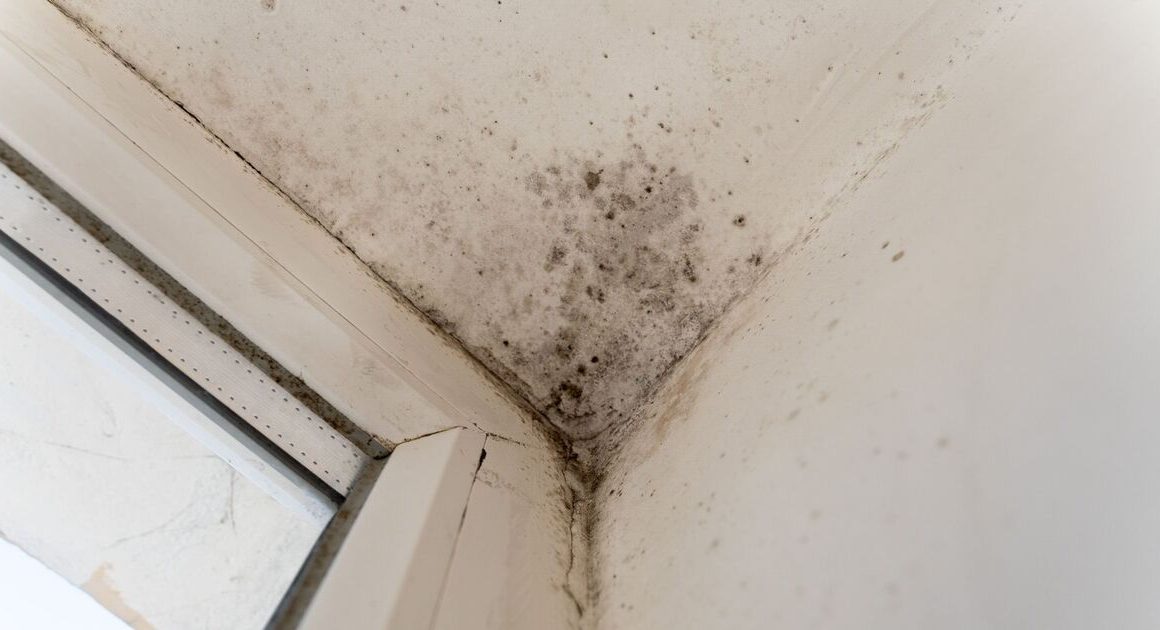As energy bills are set to increase by a staggering 10 percent from October 1, this equals to around £1,714 a year, now is the perfect time to start making key changes to the home to save as much money as possible.
For those who are struggling to pay their energy bills the country’s five major energy suppliers – British Gas, OVO, EDF, EON and Octopus are offering help to households in need.
All customers have to do is reach out to their supplier to see which option is best for them and if they meet the criteria. They can do this over the phone or through their website.
Adam Clark, founder of My Local Toolbox, has shared two tasks homeowners should do to save more than £500 on their household bills.
Both tasks are pretty straightforward to do but if you get stuck they are handy YouTube tutorials people can watch.
Service your boiler – save up to £200
Typically this time of year is the best to get an annual boiler service. Before getting into the huge savings on your energy bill, there are plenty of other benefits that come from an annual service.
A registered Gas-Safe Engineer will ensure the boiler is working correctly and detect any potential issues that could result in a fire or gas leak. One of the biggest dangers that comes with a faulty boiler is the risk of carbon monoxide (CO) release, which is odourless and can be fatal if undetected.
In addition, if the boiler isn’t serviced and unexpectedly breaks down, then the cost of repairs can be anywhere up to £1,000, while replacing the entire boiler could cost up to an eye-watering £3,000.
According to the Energy Saving Trust, if your boiler’s efficiency has dropped by just 10 percent then homeowners could end up spending an extra £200 a year on heating bills.
Bleed your radiators – save up to £342.20
After testing that the boiler is working correctly in time for colder months, homeowners should then take the time to properly assess their radiators to ensure they are heating up efficiently.
Clark explained: “If you notice radiators have cold spots then this means there’s air trapped inside, which prevents warm water from properly circulating. This means the radiator will take much longer than it should to heat up your room.”
Fixing this is simple and requires just a radiator key, which can be found in all good DIY shops, a towel and/or a container to clean up any leaked water.
To begin, first set down a towel and containers to collect any escaped water. Then, with the key, turn the radiator’s top valve slowly and anticlockwise where you’ll start to hear a hissing sound.
“Don’t worry about this hissing sound as this is normal and shows the trapped air is escaping,” Clark added.
“Once the hissing stops, water should then start leaking out. At this point, retighten the valve to avoid too much water from escaping.”
According to Ofcom, it’s estimated that 20 percent of a homeowner’s energy bill can be saved by having properly efficient radiators. At this winter’s price cap, that’s a whopping £342.20 saved.
It follows as British Gas has advised homeowners to turn on their boilers for 10 to 15 minutes every few weeks during the autumn months, even if it is not cold inside the home.
By following the energy company’s advice it could prevent your boiler from breaking down and reduce the amount of repair costs in the future.
A spokesperson from British Gas said forgetting to turn your boiler on could cost up to £350 in repairs.
They said: “Even though you (hopefully) won’t need your heating during the autumn months, it’s wise to turn on your boiler for 10-15 minutes every few weeks. This helps prevent the pump and other components from seizing up due to inactivity.”










